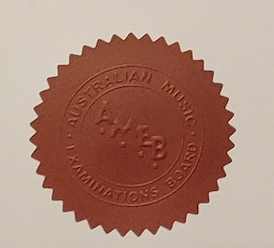RestTemplate Powered Http2
Why HTTP/2 is Better
HTTP/2 is a newer version of the HTTP protocol that offers several improvements over its predecessor, HTTP/1.1. Here are some reasons why HTTP/2 is generally considered to be better than HTTP/1.1:
-
Multiplexing: HTTP/2 allows multiple requests to be sent and received over a single connection at the same time. This reduces the latency and overhead associated with setting up and tearing down multiple connections for each request.
-
Binary format: HTTP/2 uses a binary format for its messages, which is more efficient to parse and process than the text-based format used by HTTP/1.1.
-
Server push: HTTP/2 allows servers to push resources to the client without the client requesting them. This can reduce the number of round-trips required to load a page and improve performance.
-
Header compression: HTTP/2 uses header compression to reduce the size of header fields, which can significantly reduce the amount of data transmitted over the network.
-
Stream prioritization: HTTP/2 allows clients to prioritize streams and allocate resources accordingly, which can improve the overall performance of the system.
Overall, HTTP/2 offers several improvements over HTTP/1.1 that can significantly improve the performance and efficiency of web applications.
